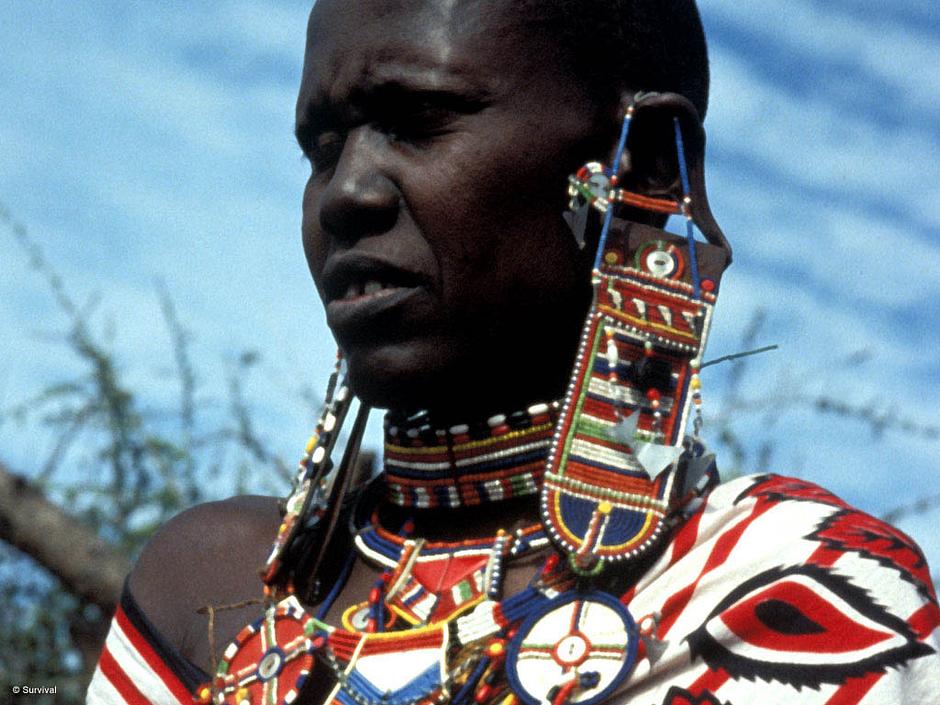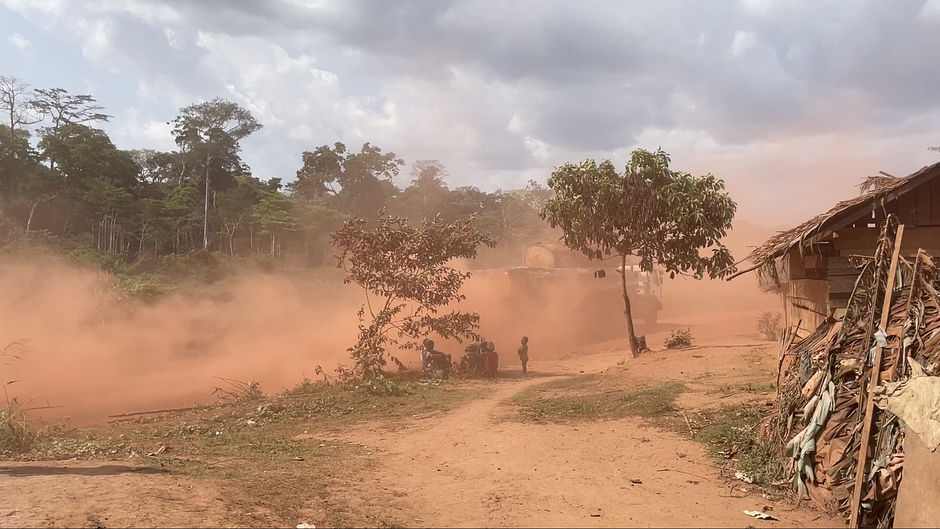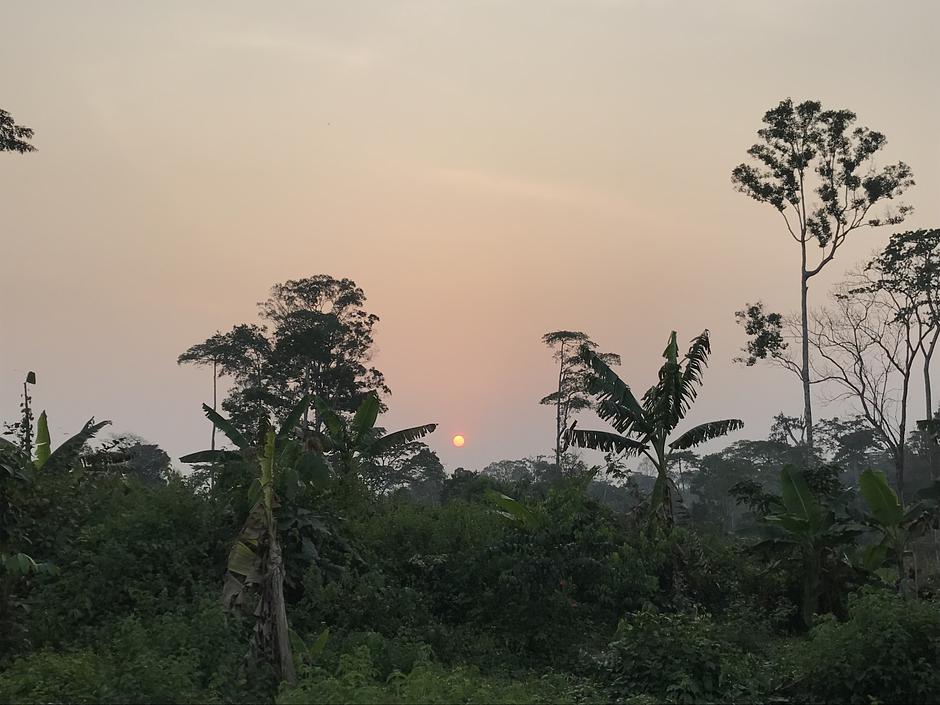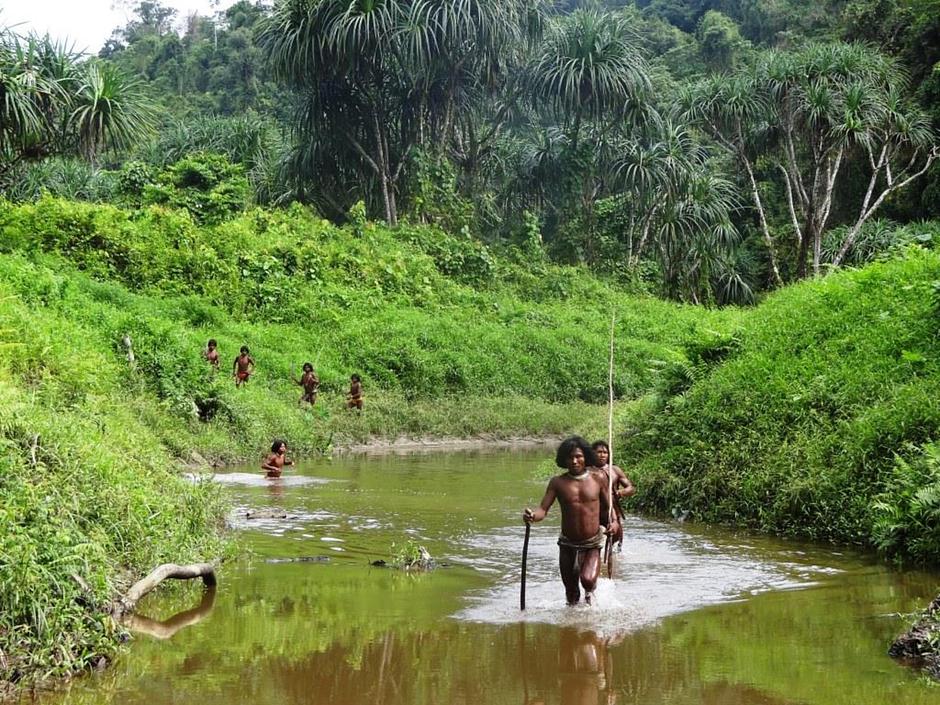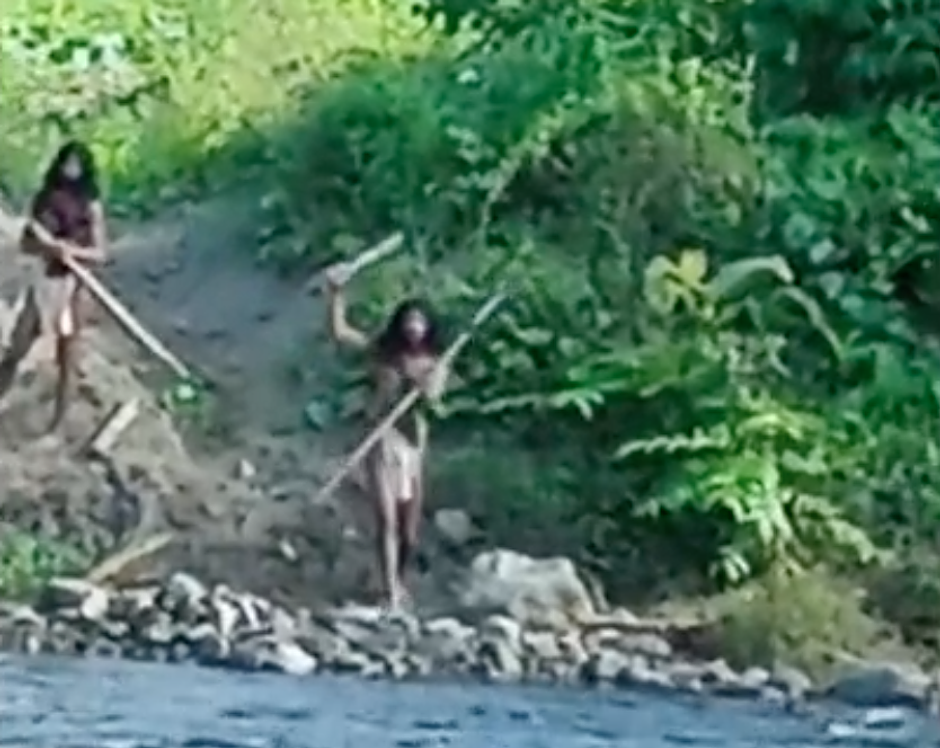“They want our children to hate their own culture” — Why big business is “educating” tribal children
“Education is the most powerful tool for social transformation,” said Priti Adani of the Adani mining corporation, at
the opening of a school for tribal children in Odisha, India. But behind these superficially empowering words lurks something very sinister. And what was the wife of an Indian mining magnate doing at a school opening anyway?
Adani is a $13billion global company whose mining operations already threaten lands, forests and sacred sites vital to thousands of Indigenous and tribal families. Adani is pushing coal mining on Indigenous lands in both Australia and India, against passionate resistance. In India, tribal communities claim their consent has been forged and that thousands of trees in forests they depend on and revere have been felled. Sponsoring this school in Odisha enables Adani to use “the most powerful tool for social transformation” to make it easier to grab more land and resources from local communities.
To create this new school, Adani is collaborating with the Kalinga Institute for Social Sciences (“
KISS”), the biggest
Factory School in the world.
KISS is home to 30,000 tribal children: it states openly that its mission is to turn “tax consumers into tax payers, liabilities into assets.”
Factory Schools existed in the colonial histories of Canada, Australia, and the US, where they were usually known as Residential Schools or Boarding Schools. Colonizers set up such institutions explicitly to “kill the Indian” in Indigenous children and remold them as servants of the colony.
Factory Schools today share the same fundamental goal: the assimilation of Indigenous peoples in service of the mainstream economy.
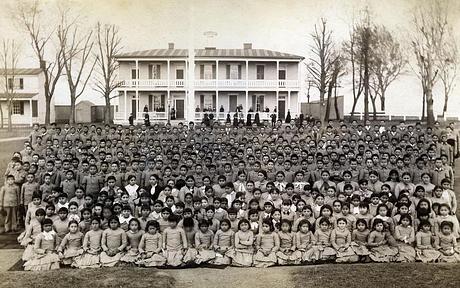 © Cumberland County Historical Society
© Cumberland County Historical SocietyCarlisle Indian School, U.S. 1884
Factory schools like KISS teach Indigenous and tribal children that their family’s ways are “primitive” and “uncivilized,” making the children ashamed of who they are and where they come from, in order to destroy their connections to their land and their people. The school then indoctrinates the children with a new set of values and ideas that also happen to benefit the school’s backers, who gain compliant workers that believe in the company’s mission and do not obstruct their access to land, resources, and profit.
Most of the 1,500 students who will attend the Adani-KISS school will come from the Mayurbanj district, which is an area known for anti-mining activism. Though Adani do not currently work in the area, the region is rich in iron ore. Other mining projects there have met with strong resistance from local tribal groups because of the detrimental impact on their way of life.
“We resist this kind of education, whoever it comes from — Adani or anyone. They give their kind of education because they want our children to hate jungles. They want our children to hate their own culture. They want to create distance between children and parents,” says Indian tribal rights activist Soni Sori.
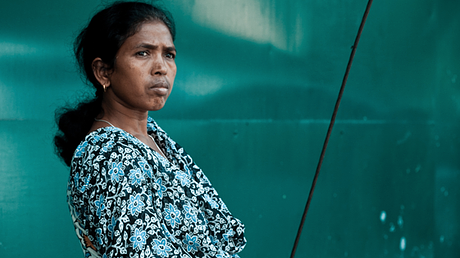 © Tehelka 2011
© Tehelka 2011“oni
This deliberate alienation from their parents and communities also denies Indigenous children the chance to learn their own tribe’s particular skills and knowledge. This not only robs the children themselves of their history and heritage, it also has the potential to destroy, forever, thousands of years’ worth of irreplaceable specialist knowledge, insight and skill. This is not only a loss to the children personally, but to all humanity.
Indigenous education must be under Indigenous — not corporate — control. To thrive, tribal children need to be taught by those who understand and respect their identity. A mounting wealth of evidence from across the globe shows that Indigenous students achieve better outcomes when they are taught either by fellow Indigenous people, or, at the very least, by teachers who are in touch with, sensitive to and actively seeking to fulfil their particular needs and potentials. Tribal children’s unique ways of perceiving, relating to, and interacting with the world is an asset, not a “liability.”
Factory Schools have tragic consequences: between 2000–2015, just in Maharashtra state alone, over one thousand tribal children died in residential schools, including over 30 suicides.
Rates of sexual abuse are terrifyingly high. Only time will tell if the Adani-
KISS school in Odisha will add to these horrific statistics, and if “the most powerful tool for social transformation” will win the Adani corporation their coveted access to the mineral wealth that, for now, still rests peacefully under their future students’ lands.
The need to act is urgent, and the time to do it is now:
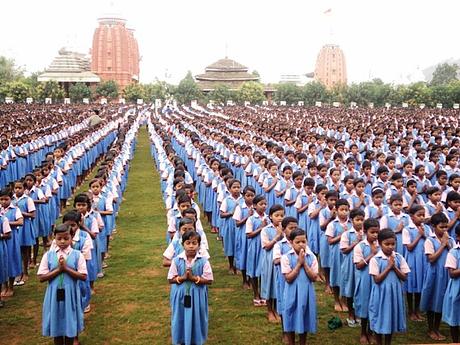
 © Cumberland County Historical Society
© Cumberland County Historical Society


